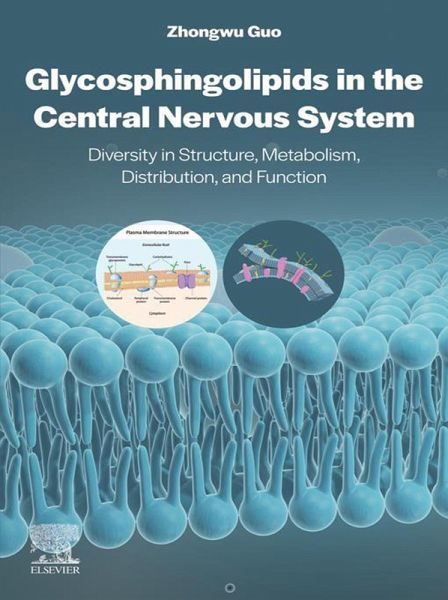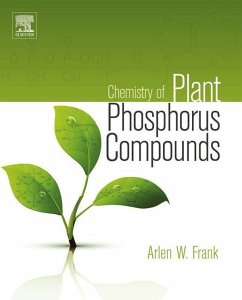
Glycosphingolipids in the Central Nervous System (eBook, ePUB)
Diversity in Structure, Metabolism, Distribution, and Function

PAYBACK Punkte
69 °P sammeln!
Glycosphingolipids in the Central Nervous System: Diversity in Structure, Metabolism, Distribution, and Function comprehensively covers progress made in the discovery, profiling and understanding of the metabolism, function and functional mechanism of GSLs in the CNS -as well as their synthesis, relationships with and therapeutic applications to neurodegenerative disorders, and related CNS diseases. Due to the important roles of GSLs in the CNS and various CNS-related diseases, the interest in these biomolecules is growing. GSLs are the principal glycolipids on the cell surface and an essentia...
Glycosphingolipids in the Central Nervous System: Diversity in Structure, Metabolism, Distribution, and Function comprehensively covers progress made in the discovery, profiling and understanding of the metabolism, function and functional mechanism of GSLs in the CNS -as well as their synthesis, relationships with and therapeutic applications to neurodegenerative disorders, and related CNS diseases. Due to the important roles of GSLs in the CNS and various CNS-related diseases, the interest in these biomolecules is growing. GSLs are the principal glycolipids on the cell surface and an essential constituent of the cell membrane. They are widespread, but especially enriched in the central nervous system (CNS) in vertebrates. The diversity of GSL structures forges the molecular foundation for their broad spectrum of activity. - Presents a systematic review of literature and potential future developments in Glycosphingolipid research - Highlights interdisciplinary interplay between various aspects of the neuronal system and its structural and functional properties - Provides an overview, general trends, cases studies, summaries and future implications
Dieser Download kann aus rechtlichen Gründen nur mit Rechnungsadresse in A, B, BG, CY, CZ, D, DK, EW, E, FIN, F, GR, HR, H, IRL, I, LT, L, LR, M, NL, PL, P, R, S, SLO, SK ausgeliefert werden.













